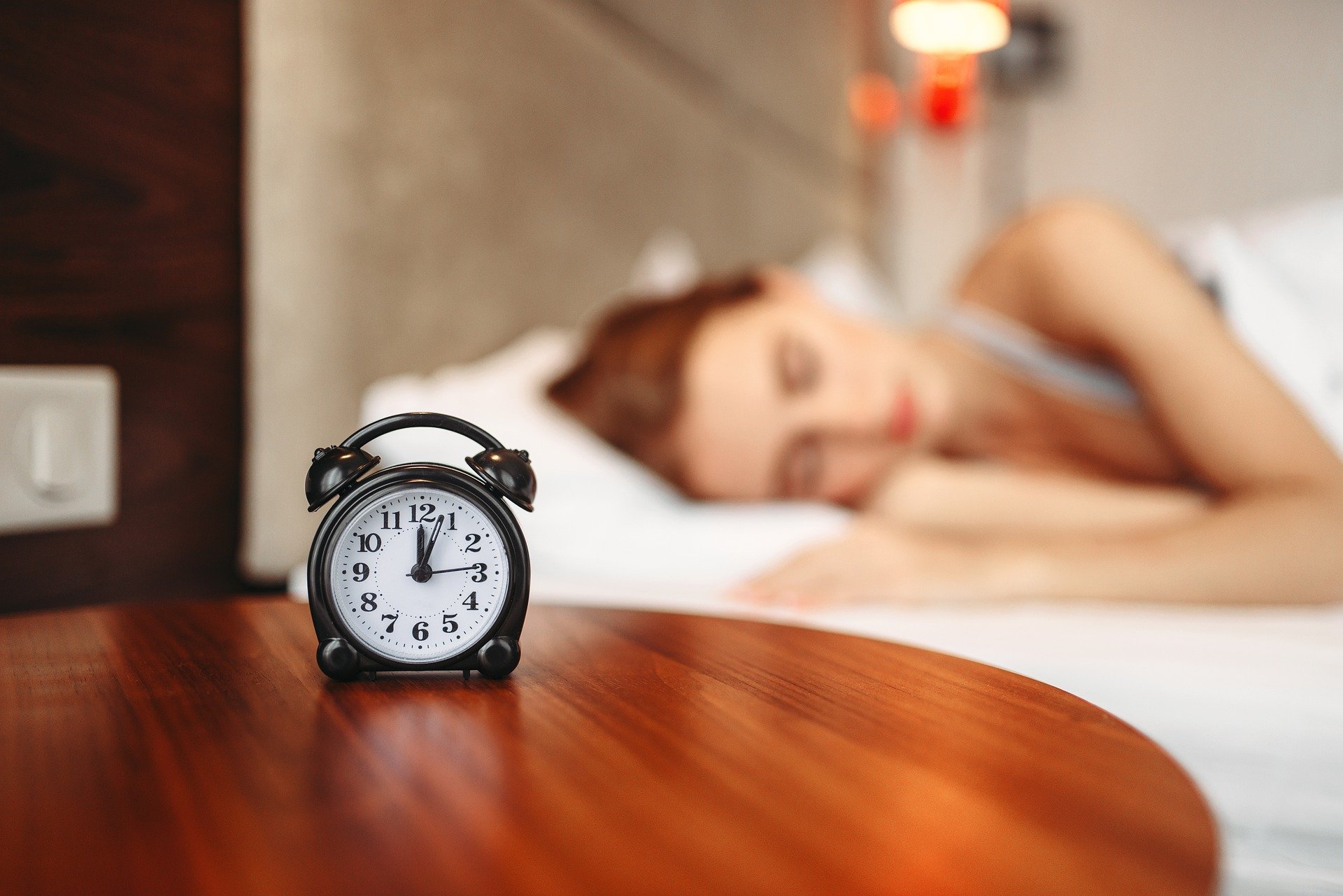When you think of ways to promote best health, you probably think of good nutrition, regular exercise, and taking prescribed medications. But what about sleep? Does this come up in appointments with your healthcare team? The concept of sleep health is relatively new but we know that sleep plays a significant role in your overall health.
Sleep is regulated by your circadian rhythm. You have a “master clock” in your brain that responds to light cues. It tells you when you should be awake and when you should be sleeping. Recommended amounts of sleep vary throughout life. For the average adult aged 18 to 64 years old, the recommendation is 7 to 9 hours per 24 hours. For adults 65 years and older, it’s 7 to 8 hours.
What happens if you don’t get enough sleep? This is called sleep deprivation and it has negative impacts on your physical and mental quality of life. Some people can handle sleep deprivation better than others but often when people are sleep deprived, they are unable to recognize it.
Sleep deprivation leads to changes in your body’s hormones. It increases cortisol, the stress hormone, and ghrelin, the hunger hormone. If you’ve ever felt extra hungry after a few bad nights of sleep, you’re not alone! A recent study with nearly 500 women found that those with the worse overall sleep quality consumed higher amounts of calories and added sugars.
Sleep deprivation increases the amount of insulin that your body releases after meals. This is especially problematic if you have insulin resistance since your body doesn’t respond properly to insulin. Higher levels of insulin are associated with weight gain. These hormonal impacts are likely the reasons that sleep deprivation is associated with both obesity and type 2 diabetes.
Sleep deprivation is associated with mental health challenges as well, including depression, anxiety, and mental distress. Lack of sleep can even make you an unsafe driver. Studies have shown that people who have been without sleep for 24 hours drive as though they have a blood alcohol concentration (BAC) of 0.1. This is higher than a BAC of 0.08 which is considered drunkenness!
Think you might be sleep deprived? Do a self-assessment using these questions, and be honest with yourself! Remember that people with sleep deprivation often do not recognize it.
- Do you feel sleepy when driving or in meetings?
- Do you depend on caffeine to get you through the day?
- Do you notice changes in your productivity, health, and happiness based on the number of hours you sleep?
- Are you experiencing sleep problems?
If you’re answering ‘yes’, it’s a great idea to talk with your healthcare providers about ways to improve your sleep quality. Here are some general tips for getting good quality sleep:
- Avoid stimulants, such as caffeine, and alcohol 3-4 hours before bedtime
- Alcohol may make you feel sleepy but it negatively affects your quality of sleep.
- Have exposure to natural light during the day
- Light helps to keep your circadian rhythm and master clock on track.
- Get at least 10 minutes of aerobic exercise during the day
- Do a two-for-one and enjoy some natural light during a brisk walk.
- Identify “sleep stealers”
- These might be children, pets, or electronics that share the bed with you and keep you from falling asleep or wake you up throughout the night. While these can’t always be avoided (we’re looking at you, newborns!), do what you can to manage the others.
- Make a bedtime routine
- Just like kids, adults do well with bedtime routines. This might be a shower or bath, light stretching, reading a book, or making a list of things tomorrow’s to-dos so they don’t keep you up at night.
- Set up a good sleep environment
- This is typically a temperature of 60-67°F with no light or disruptive noise. You can use a fan, earplugs, and/or an eye mask to create the right environment.
When you think about a healthy lifestyle, add good sleep to your list! If you are having serious sleep problems, it’s important to get help from a sleep specialist. The American Academy of Sleep Medicine can help you find accredited facilities. Happy sleeping!
